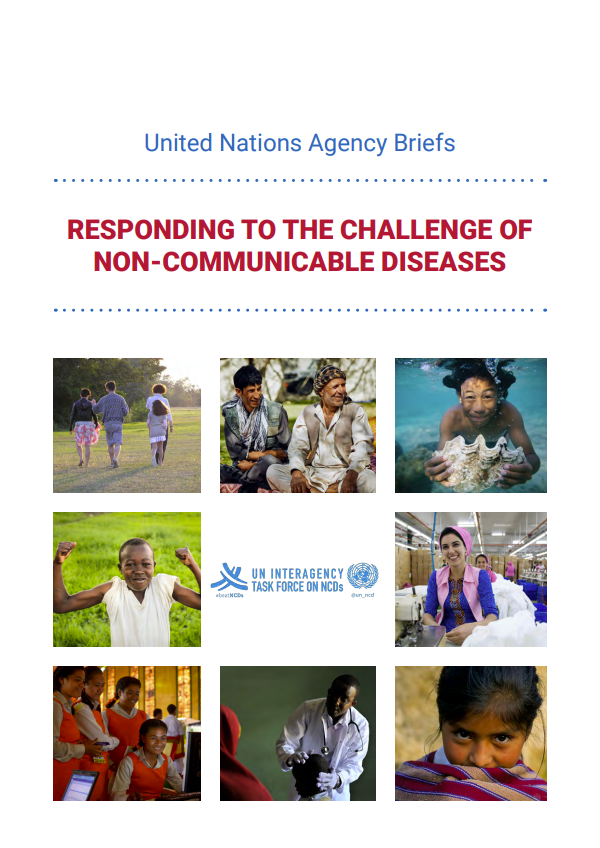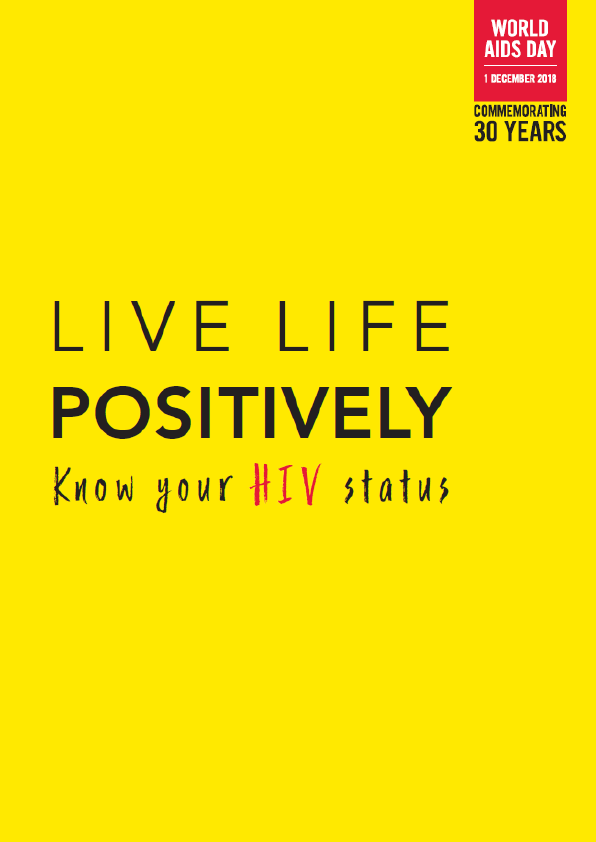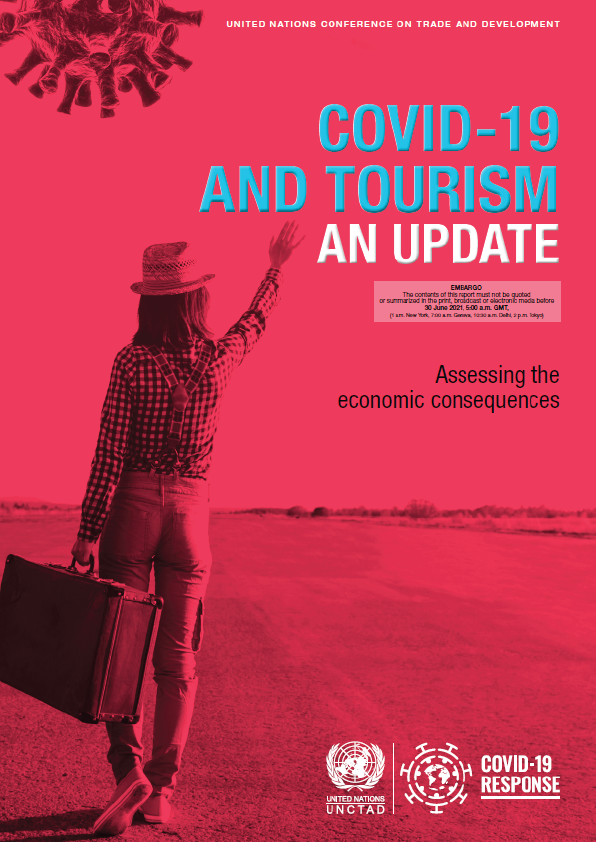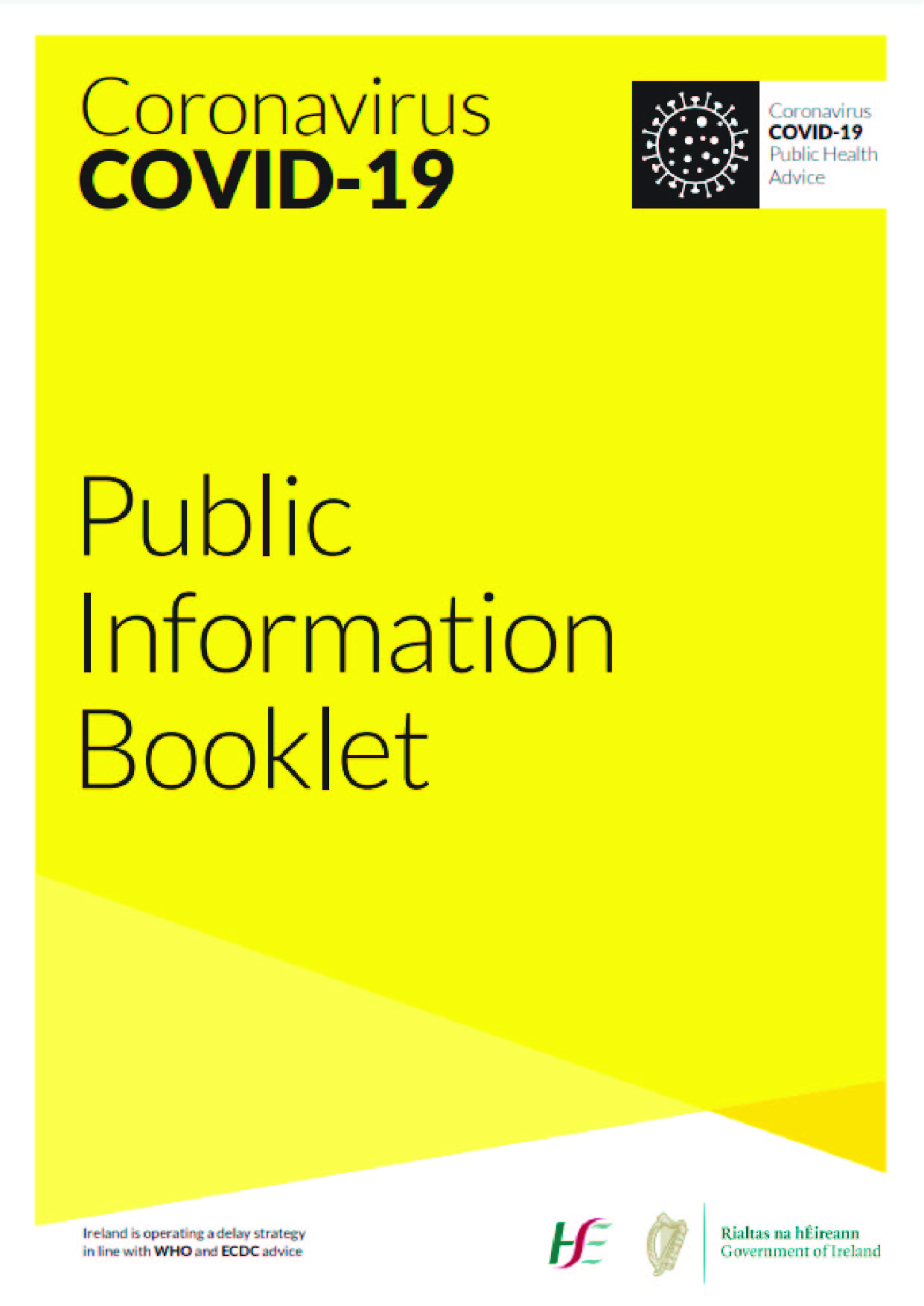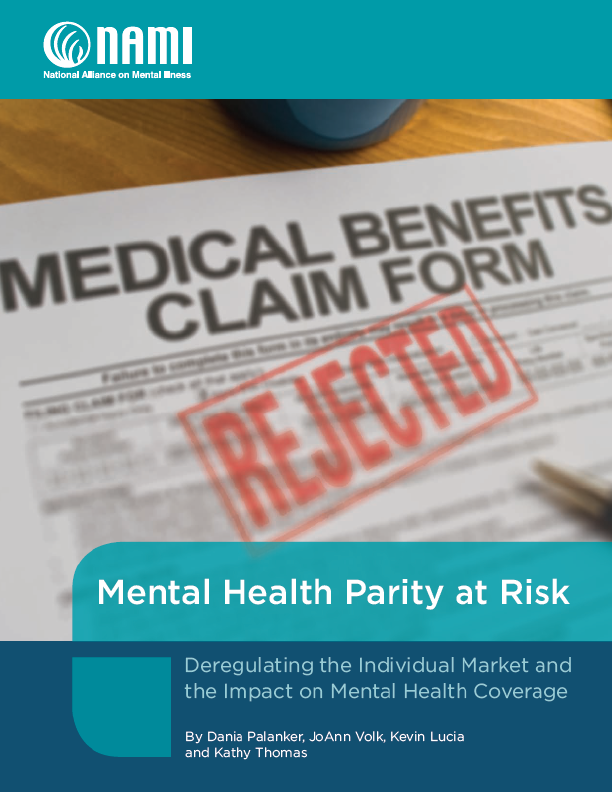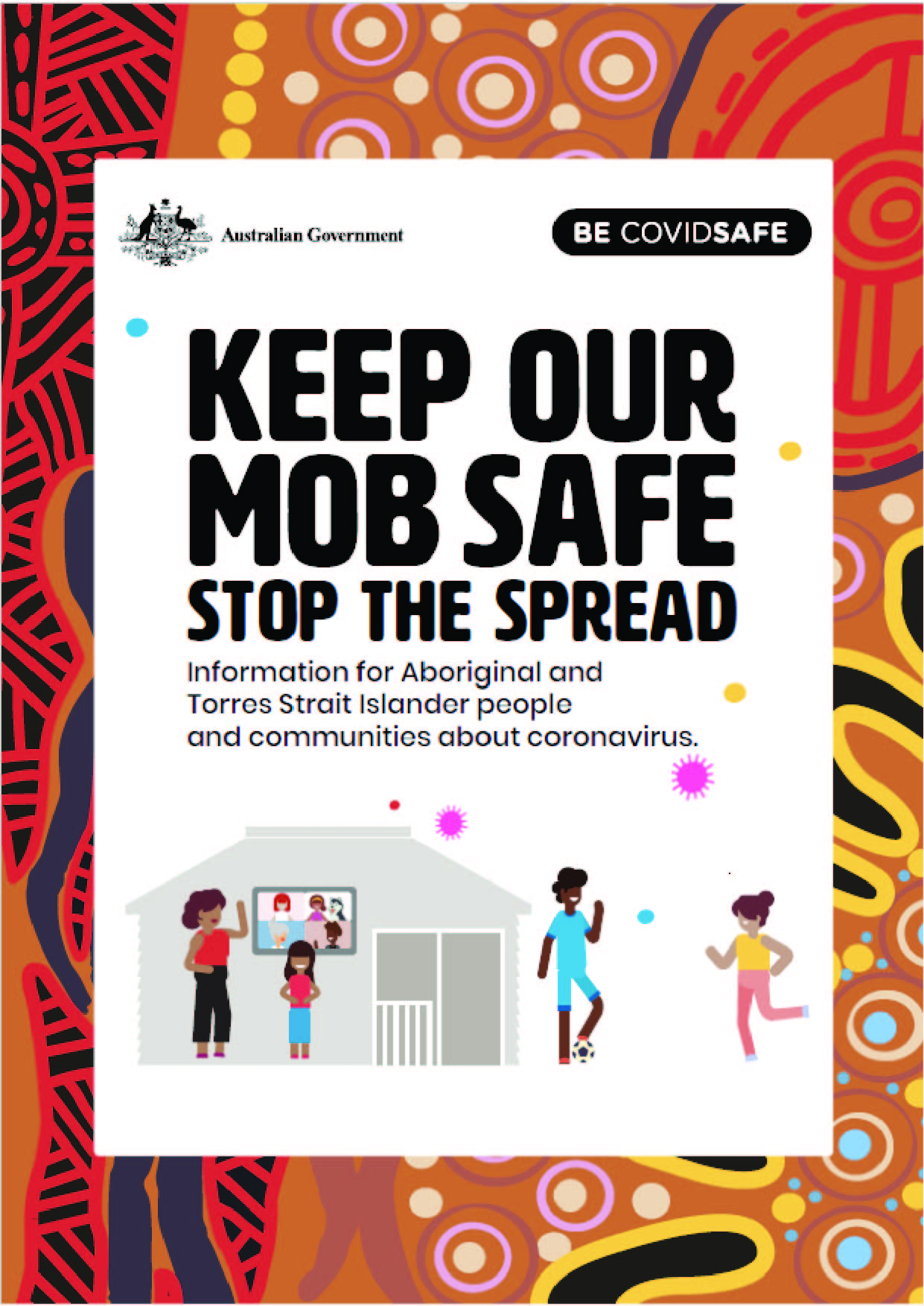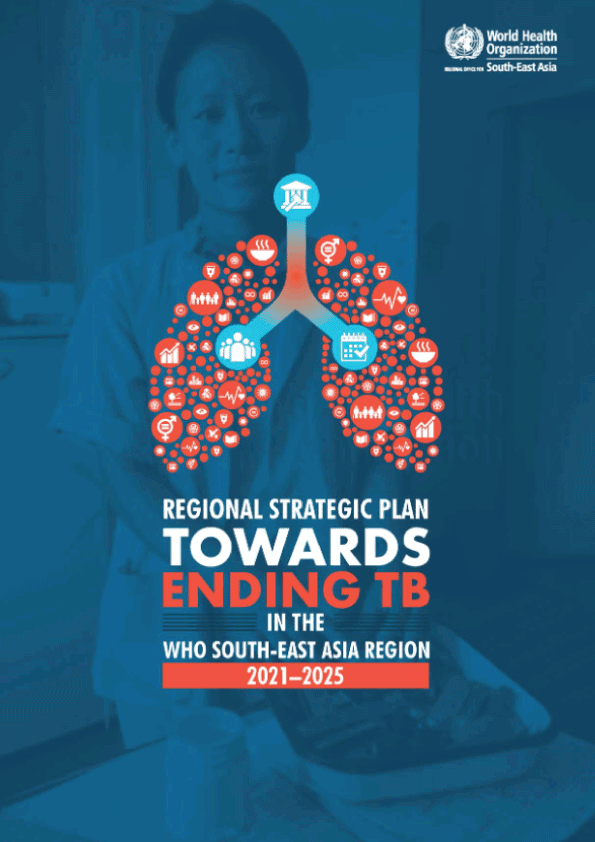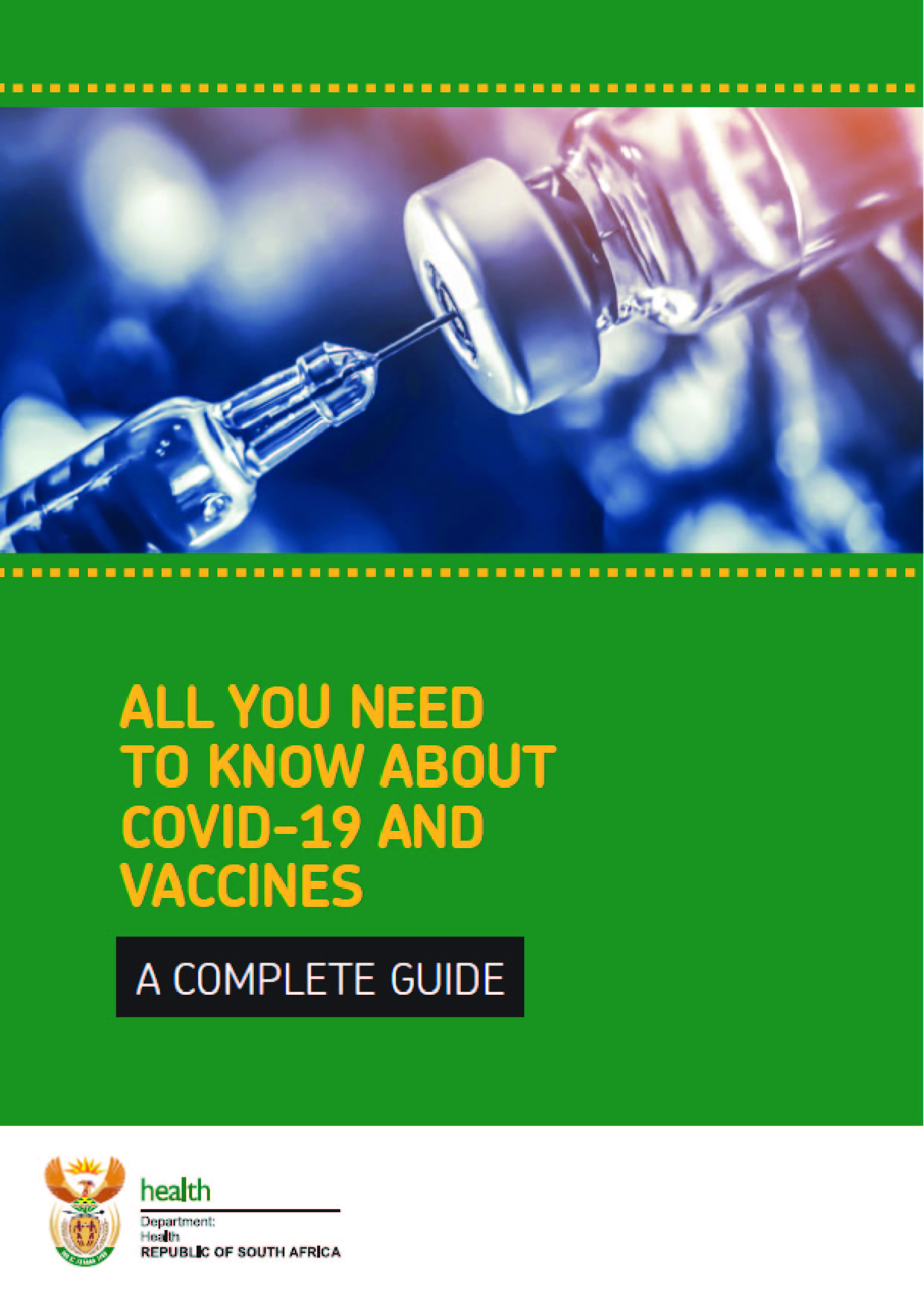This set of briefs provides policy advisors and decision-makers across different United Nations agencies, Member States, and development partners with information on how the UN system is responding to the challenge of non-communicable diseases (NCDs).
The briefs were brought together by the WHO-led United Nations Inter-Agency Task Force on the Prevention and Control of NCDs.
These briefs describe:
- the role of the different UN system agencies in making an effective contribution to the prevention and control of NCDs;
- current and potential actions for different agencies to support the World Health Assembly-endorsed “best buys” and other recommended interventions to address NCDs;
- the importance of partnerships for ensuring that agencies mobilize an effective response to NCDs;
- the importance of partnerships in agencies’ response to NCDs; and
- how agencies are mobilizing resources to deliver support to the Member States.
The Task Force reports to the Economic and Social Council of the United Nations (ECOSOC) annually. Since 2014, ECOSOC has adopted a resolution each year on the Task Force:
2014: endorses the Task Force’s terms of reference
2015: encourages the Task Force to scale up action in countries
2016: expands the work of the Task Force to the NCD-related SDGs
2017: calls for greater financing for the work of the Task Force
2018: calls for the development of partnerships to achieve public health goals
2019: encourages bilateral and multilateral donors, as well as other relevant stakeholders, to mobilize resources to support Member States, to catalyse sustainable domestic responses to NCDs and mental health conditions, including through a dedicated multi-donor trust fund.
In the 2030 Agenda for Sustainable Development, adopted in September 2015, Member States recognize NCDs as a leading sustainable development issue. Agenda 2030 provides an enabling framework for identifying and implementing win-win approaches for NCDs and other development priorities.
